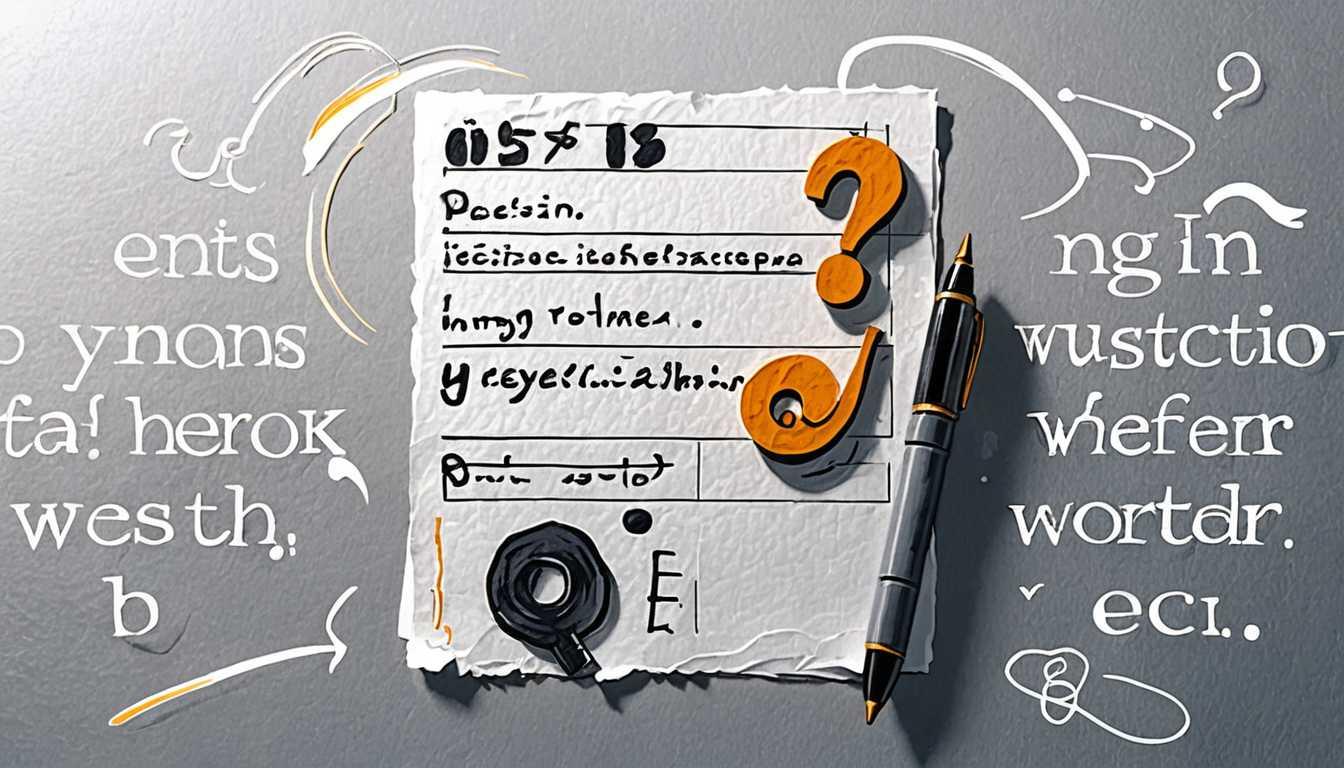Lawyers vs. Legalese: A Surprising Twist
May 2023
Massachusetts Institute of Technology (MIT)
Introduction
Dive into the world of legalese with a fresh MIT study revealing even lawyers wish for simpler, plain English contracts. Despite their expertise, lawyers find legalese-packed documents a headache, just like the rest of us. This eye-opening research not only challenges the notion that complex legal jargon is a necessary evil but also hints at a future where legal documents might actually make sense to everyone. Who knew lawyers and us regular folks had so much in common?
READ FULL ARTICLEWhy It Matters
Discover how this topic shapes your world and future
Cracking the Code of Legalese
Imagine trying to solve a puzzle where the pieces seem familiar, but the picture they're supposed to create is blurry. That's what it's like for most people, and even lawyers, when they dive into legal documents filled with "legalese." This specialized language makes understanding rights, obligations, and legal processes incredibly challenging for everyone involved. A recent study by MIT researchers has shone a light on this issue, revealing that even legal professionals prefer documents in plain English. This discovery is not just about simplifying words; it's about making justice and legal protection accessible to all. For you, as a student, understanding why legalese persists and how it can be transformed into plain language is crucial. It's about more than just contracts and laws; it's about clear communication, fairness, and making the complex world we live in a bit easier to navigate.
Speak like a Scholar
Legalese
A specialized language full of legal terms and phrases that can be difficult for non-lawyers to understand.
Plain English
Language that is clear and straightforward, without unnecessary jargon or complex structures, making it easier for everyone to understand.
Center-embedding
A sentence structure where additional clauses or phrases are inserted in the middle of a sentence, making it harder to read and understand.
Comprehension tasks
Activities designed to assess how well someone understands a piece of text or information.
Enforceability
The likelihood or ability of a legal document to be upheld or enforced in a court of law.
Linguistics
The scientific study of language and its structure, including the study of morphology, syntax, phonetics, and semantics.
Independent Research Ideas
The evolution of legalese
Investigate how legal language has developed over time and what historical events or legal needs have contributed to its complexity. This could involve comparing legal documents from different centuries.
Legalese vs. plain English in court outcomes
Analyze how the use of legalese versus plain English in legal documents might affect court case outcomes. This could involve comparing cases where one party did not fully understand the contract due to complex language.
Language accessibility in legal systems worldwide
Examine how different countries approach the use of plain language in their legal systems and what impact this has on access to justice for non-lawyers.
The psychology of legalese
Explore the psychological effects of legalese on both lawyers and non-lawyers, including stress, misunderstanding, and perceptions of authority and professionalism.
Technology's role in simplifying legal language
Investigate how technology, such as artificial intelligence and legal tech startups, is being used to translate legalese into plain English and what this means for the future of legal documents.
Related Articles

Decoding Legal Jargon: MIT's Revelation
March 2022
Massachusetts Institute of Technology (MIT)

Justice: Punishment or Healing?
June 2023
JSTOR Daily

Mindfulness: Your Pressure Shield
June 2023
Harvard University

AI Uncovers Bias in Jury Picks
July 2023
Cornell University

Ed Sheeran's Melodic Victory: Beyond Copyright
May 2023
The Conversation